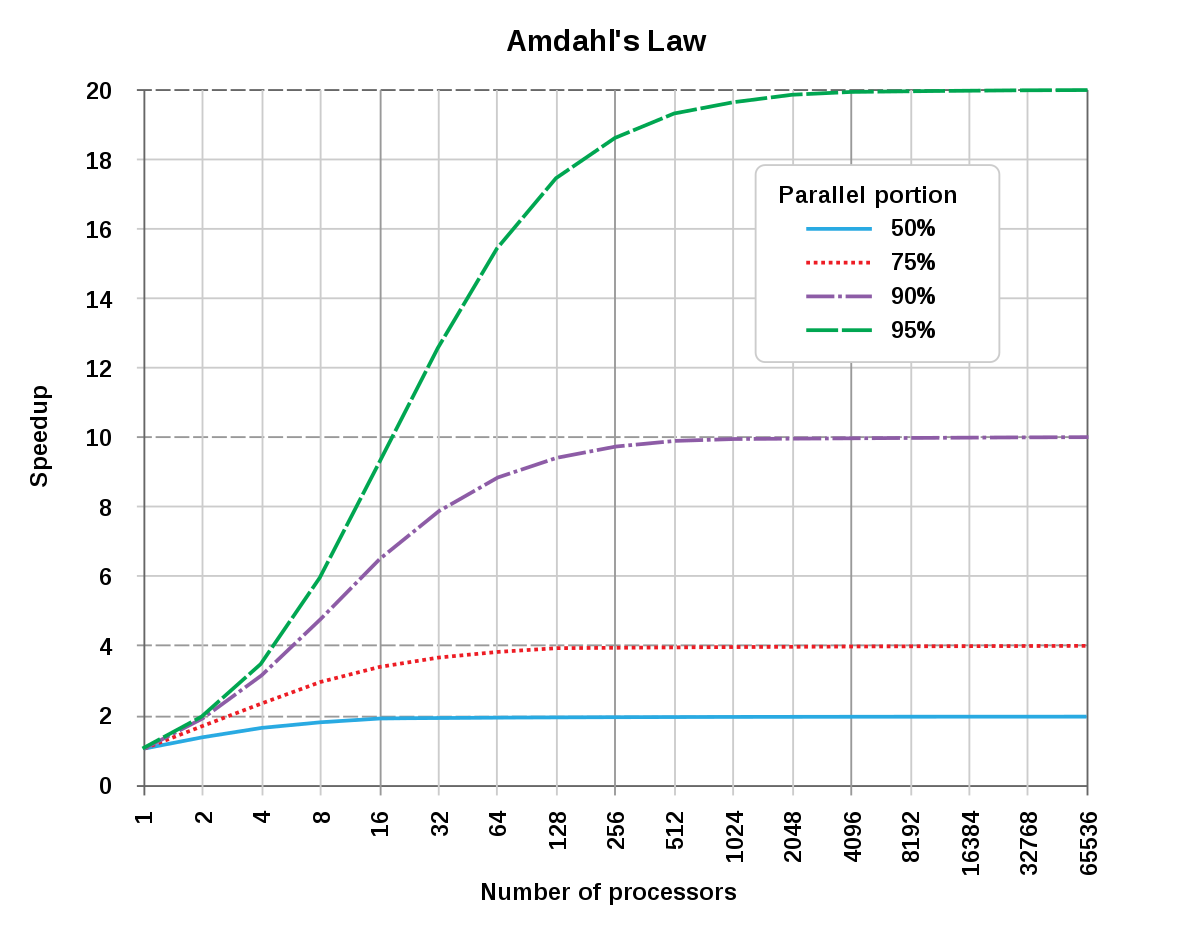Hello,
How can I determine the appropriate number of CPU cores needed for various tasks and applications ranging from servers and normal desktops. I would like to understand how CPU core count impacts performance and resource allocation for different activities. Please provide guidance on the following:
How can I determine the appropriate number of CPU cores needed for various tasks and applications ranging from servers and normal desktops. I would like to understand how CPU core count impacts performance and resource allocation for different activities. Please provide guidance on the following:
- Basic tasks: What is the recommended number of CPU cores for everyday activities like web browsing, email, and document editing?
- Multimedia consumption: How many CPU cores are typically required for smooth playback of high-definition videos, streaming content, and audio playback?
- Office productivity: In terms of using office productivity software like word processing, spreadsheets, and presentations, what is the ideal number of CPU cores for efficient performance?
- Content creation: For tasks such as graphic design, photo editing, and video editing, how do CPU cores affect rendering times and overall productivity?
- Virtualization: When running virtual machines or using virtualization software, how does the number of CPU cores impact the ability to allocate resources and handle multiple instances effectively?
- Gaming: What is the general guideline for selecting the appropriate number of CPU cores for gaming, taking into consideration the demands of modern game titles and potential multitasking scenarios?
- Data analysis and simulations: When performing data analysis or running simulations for scientific or engineering purposes, how do CPU cores influence processing speed and computational efficiency?
Last edited:



